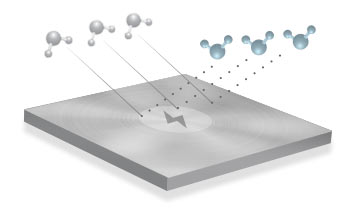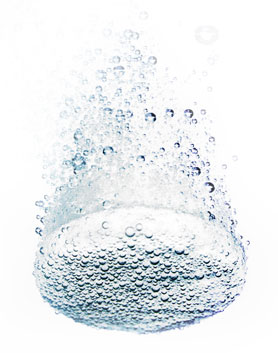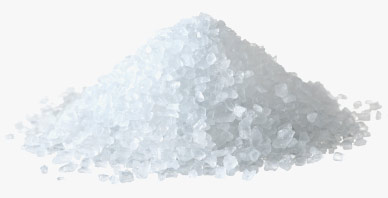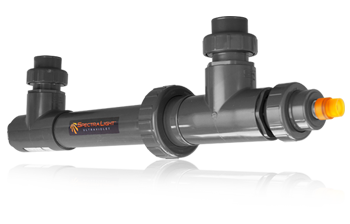Shopping Cart
All orders qualify for risk-free 30 day trial & complimentary US shipping!
-- No items so far --
Total:
0
Support
Need help? Our Pool Experts are here to help.
All orders qualify for risk-free 30 day trial & complimentary US shipping!
-- No items so far --
Total:
0
Need help? Our Pool Experts are here to help.
Saltwater pools are perhaps the most misunderstood concept in the pool industry. If you need help evaluating the pros and cons of saltwater pools, we can help with a neutral analysis. Here at SpectraLight, we take a different approach. We offer a complete line of cutting-edge swimming pool sanitation equipment, from saltwater pool equipment to the latest in ultraviolet pool systems. Our policy is to educate, and then let our clients decide what is best for their pool.
Like other pool sanitation systems, the purpose of a saltwater pool is to reduce the level of microorganisms (usually by 99.9% or more) to safe levels. Some products have a secondary purpose, which is to oxidize organic contaminants such as body oil, perspiration, urine and sunscreen. Oxidation is the “burning up” of these organic contaminants. Saltwater pools usually only serve the purpose of sanitation, and do not have the ability to oxidize contaminants. Ultraviolet disinfection systems are the most powerful oxidizers available, according to the Professional Pool Operators of America. UV disinfection systems can be added to salt water pools to improve water quality and lower chlorine levels.


The benefits of saltwater systems are strong enough to convince pool owners to convert their pool to a saltwater pool. But there are popular misconceptions that fuel the popularity of saltwater pools. First, a saltwater pool is not a chemical free pool, or even a chlorine free pool. Salt water is not capable of providing any sanitation for pool water without electrolysis. During electrolysis, salty water is forced across a special metal cell that is charged with an electrical current. This process creates chlorine.
This chlorine has an identical chemical structure as purchased chlorine, and it has the same benefits and problems as purchased chlorine. By the way, the industry trade name for saltwater pool systems is called a chlorine generator. The second misconception is that the water in a saltwater pool will feel better, look better, and taste better. This may be the case if one compares a salt pool to an improperly maintained pool. But when a salt pool is compared to a well maintained pool, there is no noticeable difference in how the water feels, looks, or tastes.
A salt water pool does offer some compelling reasons to convert your pool to salt water, but they may surprise you. The biggest benefit is that salt pool owners no longer have to purchase and transport chlorine from the store to their backyard. You’re basically creating a mini-chlorine factory inside your swimming pool. Do salt water pools save pool owners money? In some cases, the amortized equipment cost is less than purchasing chlorine. But in most cases, the costs are about the same as purchasing sodium hypochlorite, the least expensive form of chorine. This is especially true when chlorine demand is lowered through the use of ultraviolet pool systems.
A salt pool may save time when compared to manually adding chlorine to the pool. In all fairness, we should compare to the new automated chlorine injection system. Commonly found on commercial pools, automatic chlorine injection systems continually test the water and then add just the right amount of liquid chlorine to a pool. These advanced pool automation controllers are now available for pH control and chlorine injection in residential pools.


There are several factors which determine how much maintenance a salt water pool will require. And some new systems feature built in cleaning features.
Learn more about Salt Water Pool Maintenance >
The main issue with a saltwater pool is the high chlorine level required to sanitize and oxidize the pool water. The good news is that salt pool chlorine levels can be reduced with the addition of an ultraviolet disinfection system. Since a saltwater pool relies solely on chemical disinfection, most of the same problems with regular chlorinated pools also affect saltwater pools. Saltwater pools rely 100% on chemical disinfection (chlorine) and the recommended free chlorine residual is the same as traditional chlorine pools, or 2 – 4 ppm. Scientists have begun to investigate how chlorine affects the respiratory system. A ground breaking study presented by the American College of Sports Medicine found that exposure to chorine at this level constricts airways in the lungs leading to coughing, wheezing, and shortness of breath.